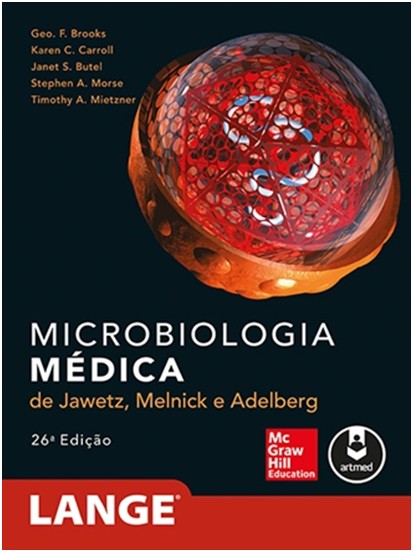

Based on dozens of interviews and a review of the medical research, this is the story of how the campaign to eradicate polio may have inadvertently permitted another potentially deadly monkey virus to infect millions of people - and why the government for years discounted the accumulating evidence suggesting that SV40 may be a health risk for humans.ĭuring the first half of the 20th century, polio struck down hundreds of thousands of people, leaving many paralyzed - some in iron lung machines - and killing others. The recent SV40 discoveries come at a time of growing concern over the dangers posed by a range of animal viruses that have crossed the species barrier to humans, including HIV, which scientists now believe came from chimpanzees and ultimately caused the AIDS epidemic. Here's something possibly affecting millions of Americans, and they're indifferent. "The government has not sponsored any real research.

Adi Gazdar, a University of Texas Southwestern Medical Center cancer researcher. "How long can the government ignore this?" asked Dr. "But none of our studies and other major analyses have shown an inkling of an effect on the population."Ĭritics charge, however, that the few studies done by the government are scientifically flawed and that health officials have downplayed the potential risks posed by SV40 ever since they learned in 1961 that the virus contaminated the polio vaccine and caused tumors in rodents. Howard Strickler, NCI's chief investigator. "No one would dispute there's been a widespread, very scary exposure to the population of potentially cancer-causing virus," said Dr. "We need to be creating therapies for people who have these cancers, and now we may be able to because we have a target - SV40." But scientists at the National Cancer Institute say their studies show almost no SV40 in human tumors and no cancer increase in people who received the contaminated vaccine. Michele Carbone of Loyola University Medical Center in Maywood, Ill. "I believe that SV40 is carcinogenic (in humans)," said Dr. In April, more than 60 scientists met in Chicago to discuss the controversial virus and how it works to defeat certain cells' natural defenses against cancer. At stake are millions of research dollars and potential medical treatments for those afflicted with the cancers SV40 may be causing. The discovery of SV40 in human tumors has generated intense debate within the scientific community, pitting a handful of government health officials, who believe that the virus is harmless, against researchers from Boston to China who now suspect SV40 may be a human carcinogen. But in recent years, dozens of scientific studies have found the virus in a steadily increasing number of rare brain, bone and lung-related tumors - the same malignant cancer SV40 causes in lab animals.Įven more troubling, the virus has been detected in tumors removed from people never inoculated with the contaminated vaccine, leading some to worry that those infected by the vaccine might be spreading SV40. For four decades, government officials have insisted that there is no evidence the simian virus called SV40 is harmful to humans.

San Francisco Chronicle - Sunday, July 15, 2001Ī growing number of medical researchers fear that a monkey virus that contaminated polio vaccine given to tens of millions of Americans in the 1950s and '60s may be causing rare human cancers. Rogue virus in the vaccine: Early polio vaccine harbored virus now feared to cause cancer in humans


 0 kommentar(er)
0 kommentar(er)
